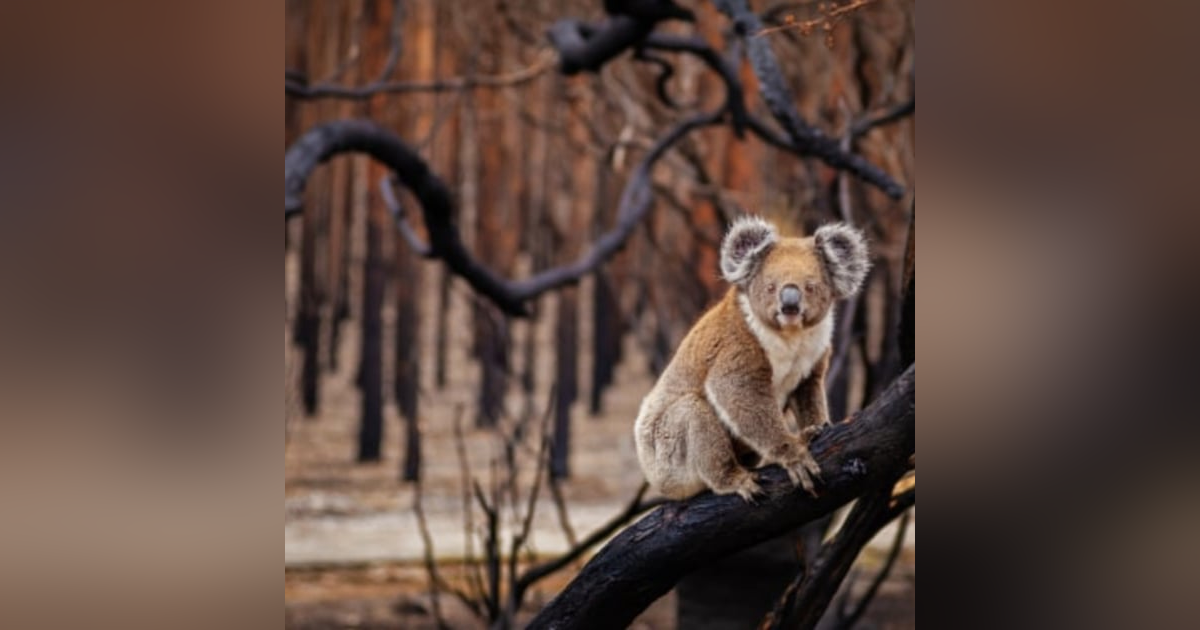After the storm. Bushfire special series with Liz Crowe - Part Three

Welcome to our third and final episode talking about dealing with trauma, loss and grief in a crisis situation, and specifically as it relates to the bushfire catastrophe that we are currently experiencing in Australia, with our super-star social worker Liz Crowe. In this episode Liz speaks to us about the weeks and months after the firestorm has passed: what happens once the crisis has abated and the world has stopped talking about it, but the victims, and those who went to help them, are left to pick up the pieces and deal with what they had experienced? The advice from this episode goes far beyond this particular situation: Liz gives some invaluable input into burnout and compassion fatigue in everyday life, and how to deal with it.
Here are those resources again if you want to read more about Liz' work:
https://lizcrowe.org/about/
https://www.stemlynsblog.org/wellbeing-for-the-broken-part-1-liz-crowe-for-st-emlyns/
https://www.stemlynsblog.org/wellbeing-for-the-broken-part-2-st-emlyns/
Treatment advice for burn wounds and smoke inhalation: https://www.animalemergencyservice.com.au/news/vetapedia/emergency-burns-info/
The Australian Veterinary Association Benevolent Fund to provide assistance to affected veterinarians: https://www.ava.com.au/donate/






